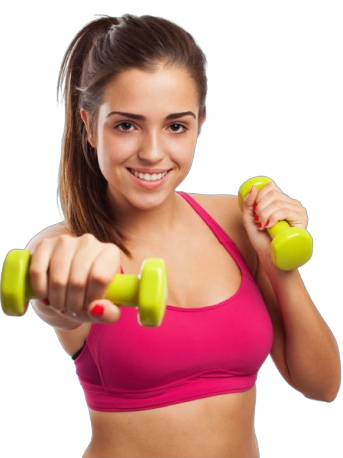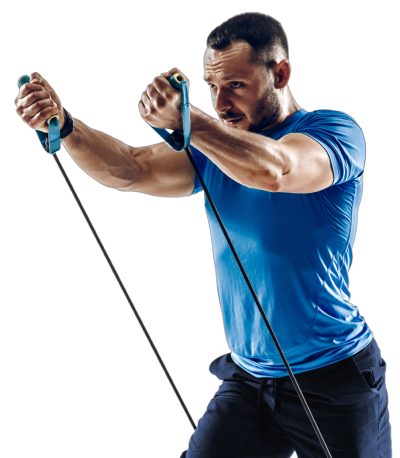I just signed up to run the Wine Country Marathon in Sonoma County, Calif. Several important considerations influenced my choice of this event over others. First, the timing is good for me. The race falls in mid-October, the ideal time to take advantage of my summer training. Second, the location couldn’t be better. Healdsburg, where the marathon starts and finishes, is less than three hours by car from where I live and it’s in the heart of wine country—a great destination for a weekend getaway with my wife whether or not there’s a marathon involved.
The course was another consideration. Few marathon courses can boast of being both scenic and relatively fast (i.e. flat), and the Wine Country Marathon is one of them. Yet another factor that went into my decision was the weather. According to Weather Underground, I can expect blue skies and low humidity on race day with a temperature in the low 50s at start time and the low 60s when I cross the finish line.
One last feature of the Wine Country Marathon—the one that sealed my decision to sign up—is its on-course nutrition. There are ten aid stations along the route, nine of which offer both Accelerade and Accel Gel Energy Gel. If I could organize my own marathon this is exactly how I would set it up.
There aren’t many marathons that supply a sports drink with protein such as Accelerade. Research has shown that carbohydrate-sports drinks enhance performance more than conventional sports drinks that lack protein, especially in highly prolonged endurance tests. Even if I gain only a 1.5% advantage from this product compared to another I will finish two minutes faster—and those two minutes matter to me!
Still fewer marathons offer energy gels at virtually every aid station. It’s beneficial to supplement fluid intake with gel intake during a marathon because it is difficult to consume enough carbohydrate to maximize performance (roughly 60 grams per hour, or somewhat less if protein is consumed as well) in such a long race with a sports drink alone.
In the last marathon I ran I carried a flask filled with Accel Gel mixed with a bit of water to ensure I got enough carbohydrate plus the protein that was needed to reduce muscle damage and stave off “the wall”. It worked great, but carrying one’s own nutrition in a marathon is not ideal. I am excited to finally get a chance to run a marathon with perfect on-course nutrition so that I don’t have to look after myself.
If you’re a performance-minded runner, you too should consider an event’s nutrition offerings before signing up. The specifics of what an event organizer provides can make a huge difference—for better or worse—in your experience and results. Many events out there provide “low-calorie” sports drinks that are little more than flavored water and hand out energy gel packets at only a single aid station near the end of the race. I’ve run a few of these events and I’ve performed terribly each time because my muscles didn’t get enough carbohydrate and got no protein whatsoever.
Timing, location, the course, and weather are all important factors to consider when choosing a marathon to run. But if you care about your time, nutrition is not to be overlooked.


